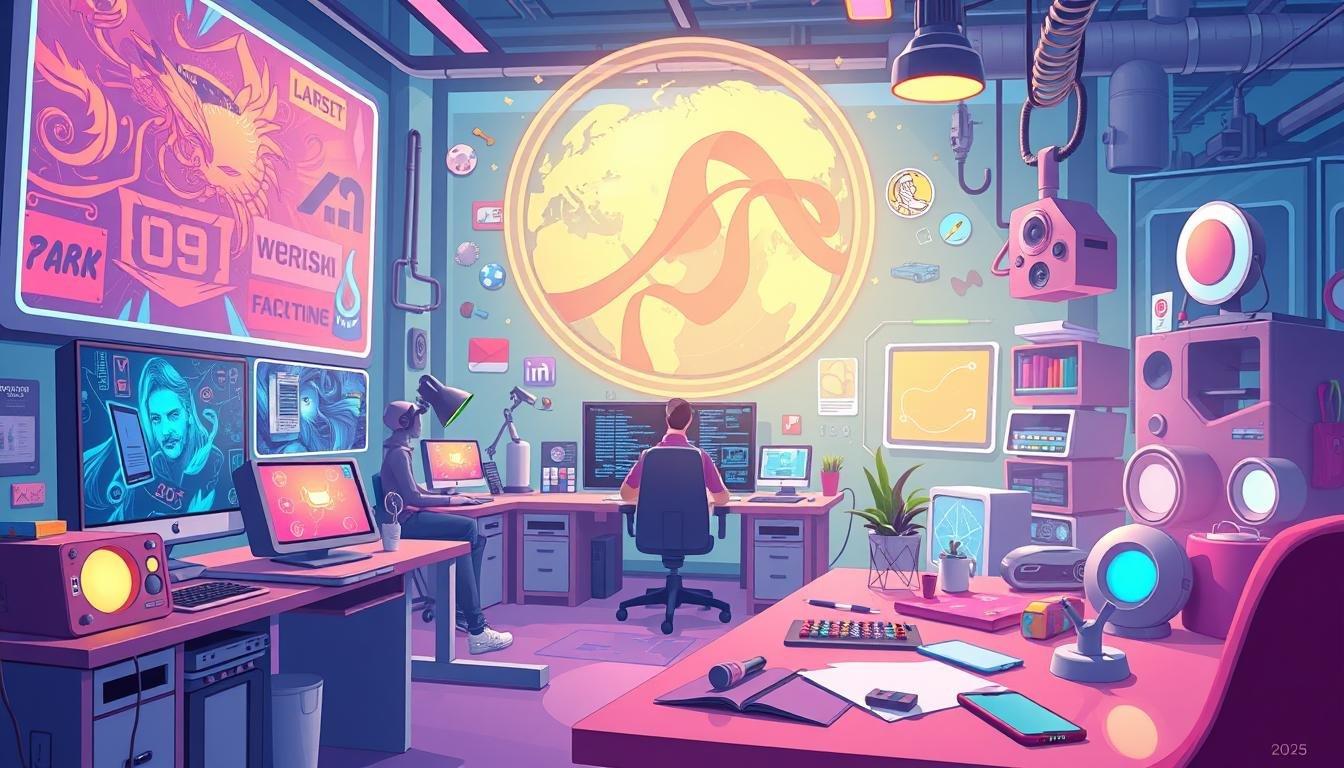Top Educational Games Transforming Learning in 2025: Innovations Making a Difference
Introduction: The Rise of Educational Gaming
The face of education is rapidly evolving,thanks to the surge in educational games that are redefining how students engage,learn,and succeed in 2025. technology’s ever-advancing landscape is at the core of this transformation, with game-based learning becoming an integral tool in classrooms and homes. In this article, we explore the top educational games transforming learning in 2025, their innovative features, and how they’re making a lasting impact on both students and educators.
Why Educational Games Are Vital in 2025
Educational games are not just a fleeting trend—they are a strategic approach to instilling knowledge, critical thinking, and creativity in learners. Here’s why these games have become essential:
- Personalized Learning experience: Tailors content to individual student needs, abilities, and learning speed.
- Engagement and Motivation: Turns learning into an enjoyable activity through interactive gameplay.
- Develops Essential Skills: Enhances problem-solving, collaboration, and digital literacy crucial for the 21st century.
- Immediate Feedback: Offers real-time insights, allowing learners and teachers to track progress effectively.
- Accessible and Inclusive: Provides equitable learning opportunities nonetheless of location or background.
Top Educational Games Transforming Classrooms in 2025
Let’s dive into the most influential educational games in 2025 that are revolutionizing both traditional and remote learning environments:
1. eduventure VR
EduVenture VR is a leading-edge virtual reality educational game that transports students into immersive worlds—helping them grasp complex subjects like history, science, and mathematics.
- Immersive Environments: Students can walk through ancient Rome or explore the human body at a cellular level.
- Adaptive Difficulty: AI-driven challenges adapt to each learner’s progress.
- teacher Dashboard: Monitors student engagement and offers tailored learning paths.
keywords: VR learning games, virtual reality education, immersive educational games
2. MathBurst: STEM Champions
MathBurst brings mathematics and science to life with dynamic puzzles and collaborative missions. Designed for K-12, this game empowers students to master core STEM concepts in an engaging and kind competition format.
- Live Multiplayer: Encourages teamwork and social learning through real-time group challenges.
- Gamified Assessment: Tracks and rewards progress with badges and leaderboards.
- Personal Progress Reports: Empower students to identify strengths and growth areas.
Keywords: math games for education, STEM learning games, gamified math practice
3. WordWorlds AI
Focusing on language and literacy, WordWorlds AI uses natural language processing to engage students in creative writing, reading comprehension, and vocabulary expansion.
- Interactive Storytelling: Students co-author stories with AI-powered characters.
- Language Personalization: Supports multilingual learners and adapts prompts based on proficiency.
- Speech Recognition: Offers pronunciation and fluency feedback for language development.
Keywords: literacy games, AI educational games, language learning games 2025
4. CodeCraft Explorers
codecraft Explorers captivates students through programming challenges in a 3D sandbox habitat. This coding game makes computational thinking accessible for children as young as seven.
- Drag-and-Drop Coding: Visual blocks teach concepts before transitioning to real code.
- Open-Ended Creation: Students build and share their own virtual worlds and mini-games.
- Industry Partnerships: connects students with mentorship programs in technology fields.
Keywords: coding games, computer science education, kids learn to code
5. EcoPioneers: Global Citizens
This game simulates real-world environmental challenges,empowering students to become problem-solvers,innovators,and global citizens.
- Project-Based quests: Solve simulated crises like climate change, pollution, and resource management.
- Collaboration Tools: Foster communication and teamwork across classrooms worldwide.
- Global Impact Metrics: Motivate players with real-world data and measurable results.
Keywords: environmental education games, project-based learning games, sustainability learning
Benefits of Educational Games for Students and Educators
- Increased Retention: Interactive gameplay has proven to boost knowledge retention rates.
- Develops Soft Skills: games nurture communication, creativity, adaptability, and critical thinking.
- Engages Diverse Learners: visual, auditory, and kinesthetic learners all benefit from the multi-modal approach.
- Immediate assessment: Real-time quizzes and in-game analytics offer on-the-spot performance evaluation.
- Reduced Learning Anxiety: Gamified learning environments create a low-pressure setting for trying, failing, and succeeding.
Practical Tips for Integrating Educational Games in the Classroom
- Start with Objectives: select games aligned with curriculum goals and learning outcomes.
- Blend Methods: Combine traditional instruction with gaming sessions for balanced learning.
- Monitor Progress: Leverage built-in analytics to track student engagement and performance.
- Encourage Collaboration: Use multiplayer or team-based challenges to build community and social skills.
- Solicit feedback: Gather insights from students to refine the selection and integration of games.
Case Studies: Educational Games in Action
case Study 1: Enhancing STEM at Lakeside Middle school
Lakeside Middle school in California adopted mathburst: STEM Champions across all grades. Over one semester, standardized test scores in math increased by 23%, with students reporting greater confidence and enjoyment in problem-solving tasks.
Case Study 2: Empowering Multilingual Learners
Using WordWorlds AI, a primary school in Toronto helped English language learners improve their vocabulary and reading comprehension. After ten weeks, teachers documented a 35% improvement in reading fluency and higher classroom participation rates.
First-hand Experiences: Voices from Classrooms
“Our students are captivated with every new quest in EcoPioneers. They’re learning about sustainability while developing critical thinking and a sense of global responsibility.”
– Emily chang, 5th Grade Science Teacher
“Integrating VR through EduVenture VR has not only made history lessons more interactive but has also improved student attendance and engagement.”
– Michael Rodriguez, High School Social Studies
Conclusion: The Future of learning Is Here
The top educational games transforming learning in 2025 are more than just supplements to traditional teaching—they are at the forefront of an educational revolution. By harnessing innovations in VR, AI, coding, and collaborative problem-solving, these games make learning an adventure filled with revelation, creativity, and personal growth. Whether you’re a parent,teacher,or student,embracing game-based learning offers a dynamic pathway to success in today’s fast-changing world. The future of education is interactive, engaging, and, most importantly, accessible to all.

